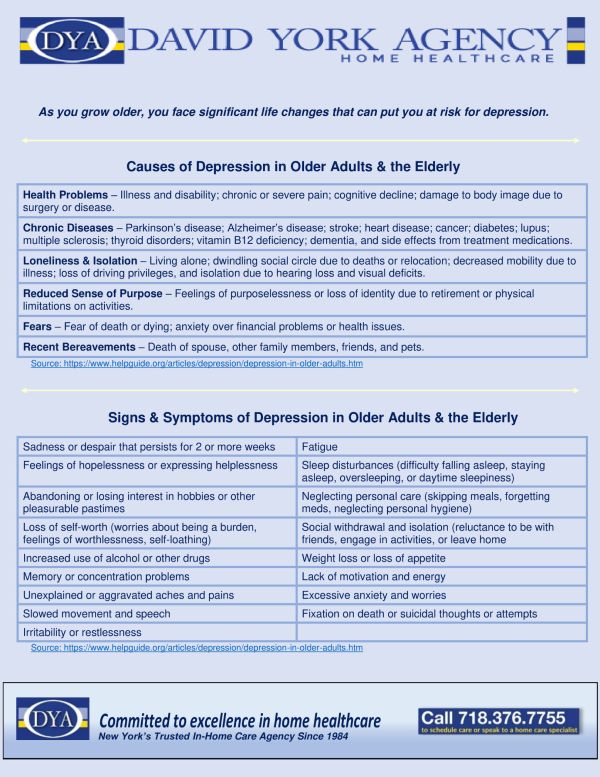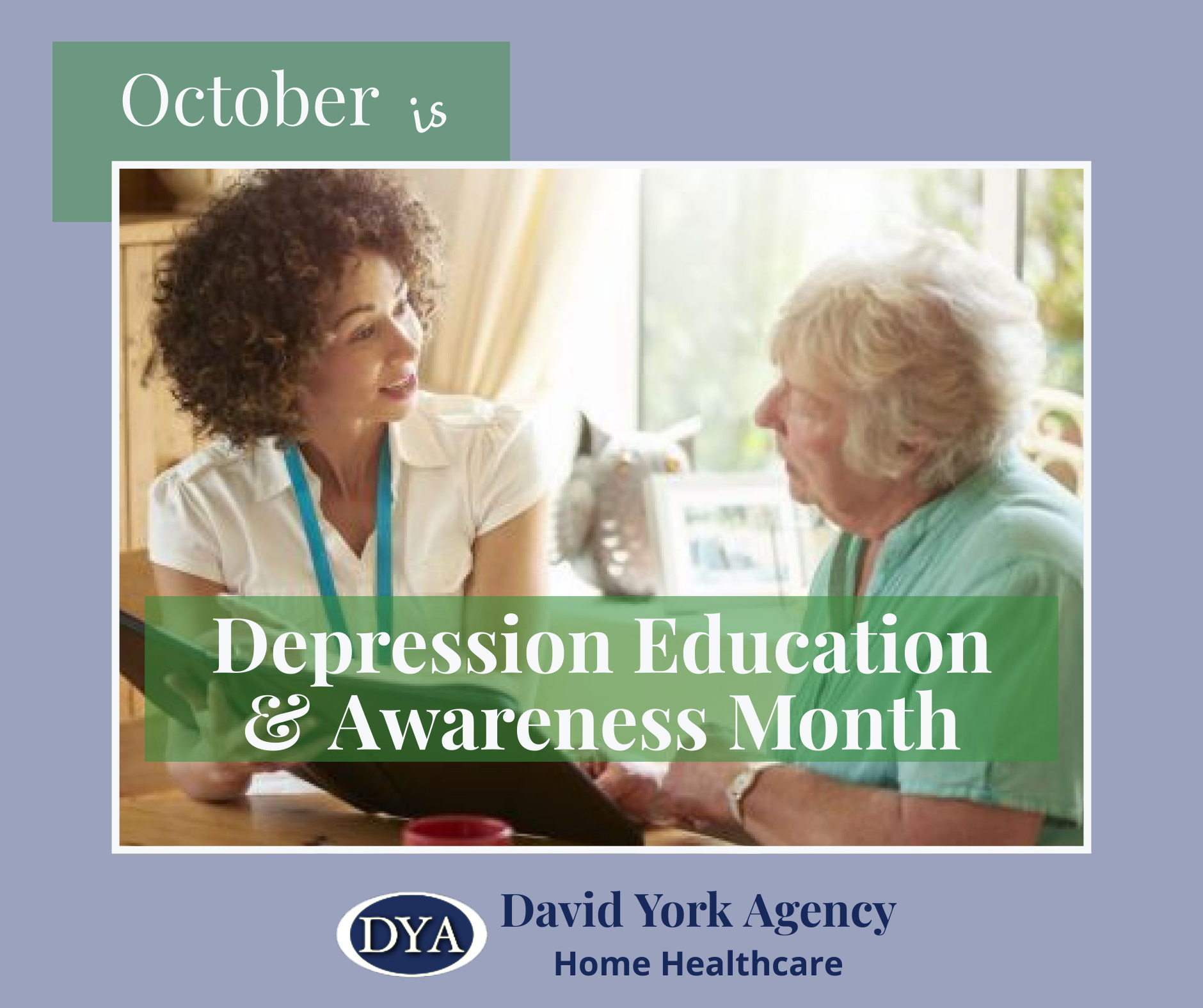Of the awareness months, October’s Depression Education and Awareness initiative is among the most important. Furthermore, this is especially true given all the upheavals the globe has suffered over the last couple of years. The effects of the covid measures are yet to be quantified, but the lingering anxiety is palpable to all. Keeping abreast of the warning signs of slipping into a depression and preventive measures you can take before a slide begins is critical. This is especially true for the elderly demographic who suffer terribly from depression. Depression in the elderly needs to be taken quite seriously.
Understandably, the elderly are prone to depression. They must deal with a lot of loss; loss of family, loss of friends, loss of physical vitality, loss of earning power. Regular subscribers know that I have written about this topic in the past with particular empathy.
On the other side of the equation, caregivers and the associated inner circle of the elderly have their formidable challenges as well. There is a real problem of caregiver stress and anxiety that I have also addressed over the years. 
A good support system by professionals and loved ones is key to combatting depression in the elderly. Aside from the intense pain to the sufferer and their loved ones, it is extremely dangerous. When seniors decide to end their lives, they are usually successful. Therefore, It is so important to keep up your guard, and your strength – both physically and mentally.
Some things you can do include:
- Reaching out to family and friends whom you know may be going through a tough time and offering your support.
- Educating yourself and loved ones about the symptoms or depression. SEE OUR DYA HANDOUT.
- Developing a plan of action should the need arise with trusted professionals to turn to.
It is important to get a diagnosis from a professional since many of the symptoms of depression are mistaken for dementia.
Here are some self-help tips for the elderly:
- Stay connected to others either in the community or loved ones. Even a pet can help.
- Find meaning in your life by focusing on things you CAN do.
- Adopt healthy habits in terms of diet and exercise. These can make a dramatic difference.
- Seek professional help when necessary. Do not hesitate to reach out to those who have experience with this.
David York Agency has a whitepaper on the Causes and Signs & Symptoms of Depression in the elderly. Also, you may want to check out our blog digest on the topic in our October newsletter. This information should help you understand the issues and enable you to set up the very best care team for your loved one.
Always here to help!
![]()
Anita Kamiel, R.N., M.P.S.
Director of Patient Services







